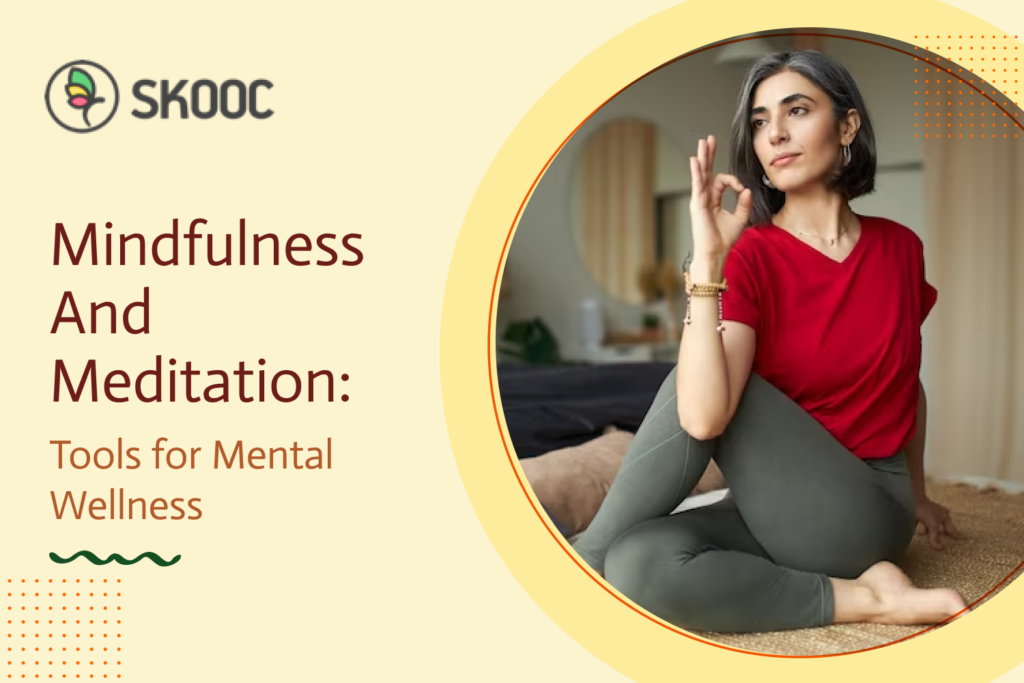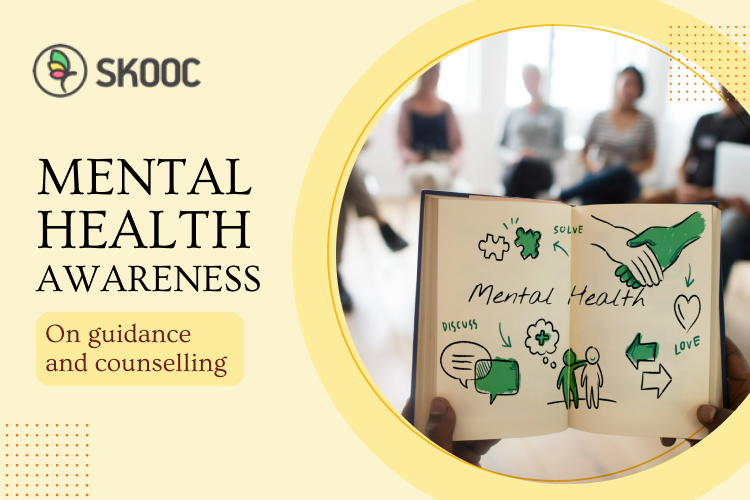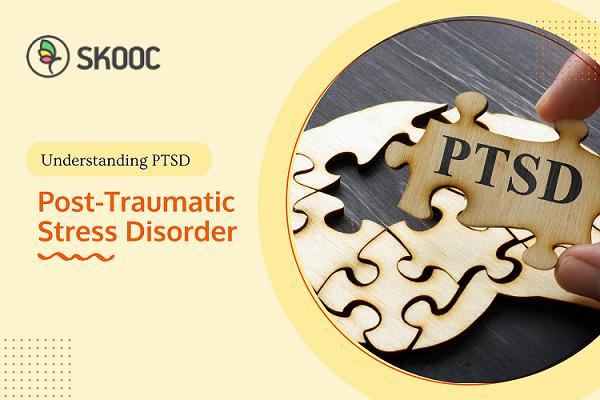
Finding practical means to preserve our mental wellness is essential in the ever-changing world we live in today. A place where stress and worry frequently take centre stage in our lives. The practice of mindfulness and meditation is one such way to achieve emotional harmony and inner calm. In this essay, we explore the worlds of mindfulness and meditation in-depth, looking at their advantages, methods, and potential as vital resources for reaching and sustaining mental well-being.
The Core of Mindfulness
Mindfulness revolves around the Latin phrase ‘Carpe Momentum’, meaning seize the moment. An aware state of mind, completely active, with open attention to the present. It involves observing your thoughts and feelings without judgment and fully engaging with your current experiences. This practice enables a person to nullify their negative thoughts, or any thoughts, related to the past or the future. Mindfulness, rooted in ancient Buddhist traditions, has gained immense popularity in recent years for its remarkable benefits in reducing stress and enhancing mental clarity.
Benefits of Practising Mindfulness
Stress Reduction: Mindfulness allows individuals to become aware of their stress triggers and respond to them more effectively. By acknowledging stressors without judgment, people can learn to manage them better.
Improved Focus: Practicing mindfulness enhances concentration and cognitive abilities. It teaches you to direct your attention to the task at hand, leading to increased productivity.
Emotional Regulation: Mindfulness helps in recognizing and managing emotions, fostering emotional intelligence and healthier relationships.
Better Sleep: Many people struggle with sleep disorders due to racing thoughts. Mindfulness techniques can calm the mind, promoting restful sleep.
Enhanced Well-Being: Overall, mindfulness contributes to a sense of well-being and inner peace, reducing symptoms of anxiety and depression.
To know more about mindfulness and mental health, talk to mental health counsellors at Skooc…
The Art of Meditation
Meditation, a complementary practice to mindfulness, is the intentional training of the mind to achieve a heightened state of awareness and mental clarity. While mindfulness is the practice of being present in everyday life, meditation involves setting aside dedicated time for mental exercises.
Various Meditation Techniques
Guided Meditation: A structured form of meditation led by an instructor’s soothing voice, guiding you through a specific mental journey.
Transcendental Meditation (TM): Involves repeating a mantra silently to focus the mind, promoting deep relaxation and heightened awareness.
Mindful Breathing: Focusing on your breath to anchor your attention to the present moment, a fundamental practice in mindfulness.
Loving-Kindness Meditation: Cultivating feelings of compassion and love toward oneself and others, fostering emotional well-being.
Benefits of Meditation
Stress Reduction: Like mindfulness, meditation is a powerful tool for stress reduction. It encourages relaxation and helps in the release of tension.
Enhanced Self-Awareness: Meditation enables individuals to gain a deeper understanding of themselves, their thought patterns, and emotional responses.
Improved Mental Health: Regular meditation can reduce symptoms of anxiety and depression, promoting a positive mindset.
Increased Creativity: Meditation can unlock creativity by allowing the mind to explore freely and think outside the box.
Greater Resilience: People who meditate often exhibit higher levels of resilience, effectively coping with life’s challenges.
The Synergy of Mindfulness and Meditation
The synergy between mindfulness and meditation is where the true magic happens. Incorporating both practices into your daily life can have profound effects on your mental wellness.
A Balanced Routine
Start your day with a few minutes of mindfulness, setting a positive tone for the hours ahead. Throughout the day, practice mini-meditations or mindful moments, bringing your focus back to the present. In the evening, engage in a longer meditation session to unwind and prepare for restful sleep.
Mindful Meditation
Combine elements of mindfulness with your meditation practice. Begin your meditation session with a few minutes of mindfulness, allowing yourself to fully arrive in the present moment. Then, transition into your chosen meditation technique. This combination enhances both relaxation and self-awareness.
Conclusion
Mindfulness and meditation are not mere buzzwords but invaluable tools for nurturing your mental wellness. Their benefits extend beyond stress reduction to encompass improved focus, emotional regulation, and overall well-being. By incorporating these practices into your daily routine, you can cultivate a more peaceful and balanced mind.
At Skooc, talk to the best therapists in Bangalore and learn how to make the most of meditation and mindfulness to improve your mental health.
Read:
Mental Health Awareness On Guidance and counselling



